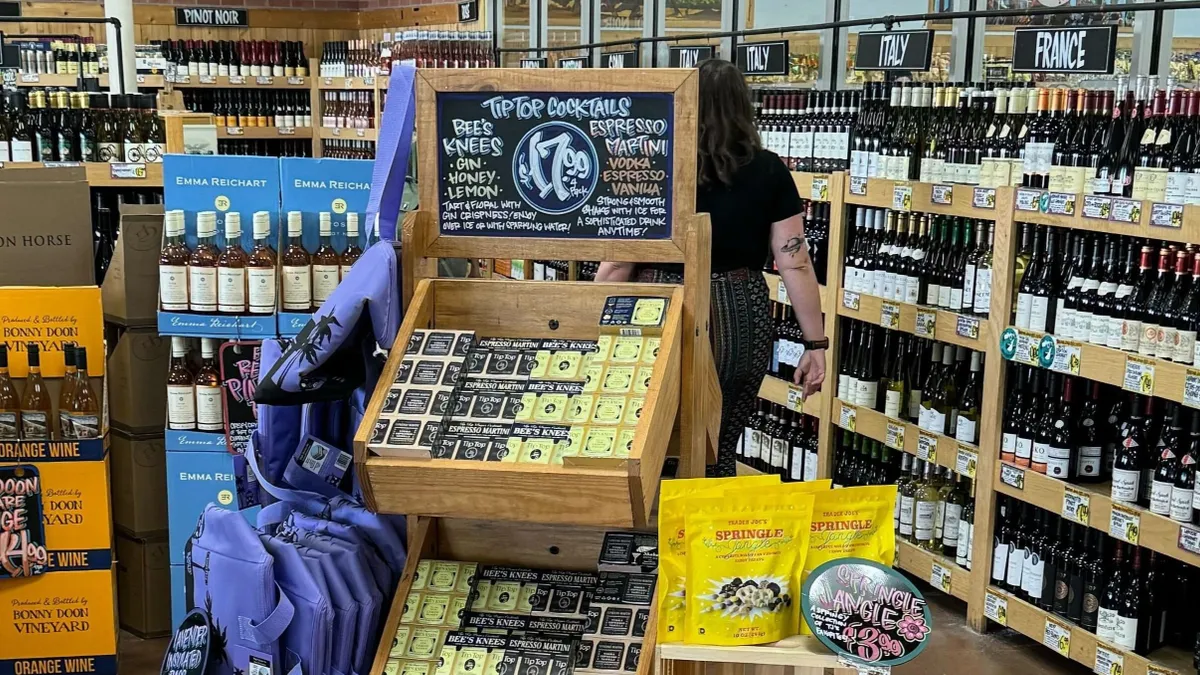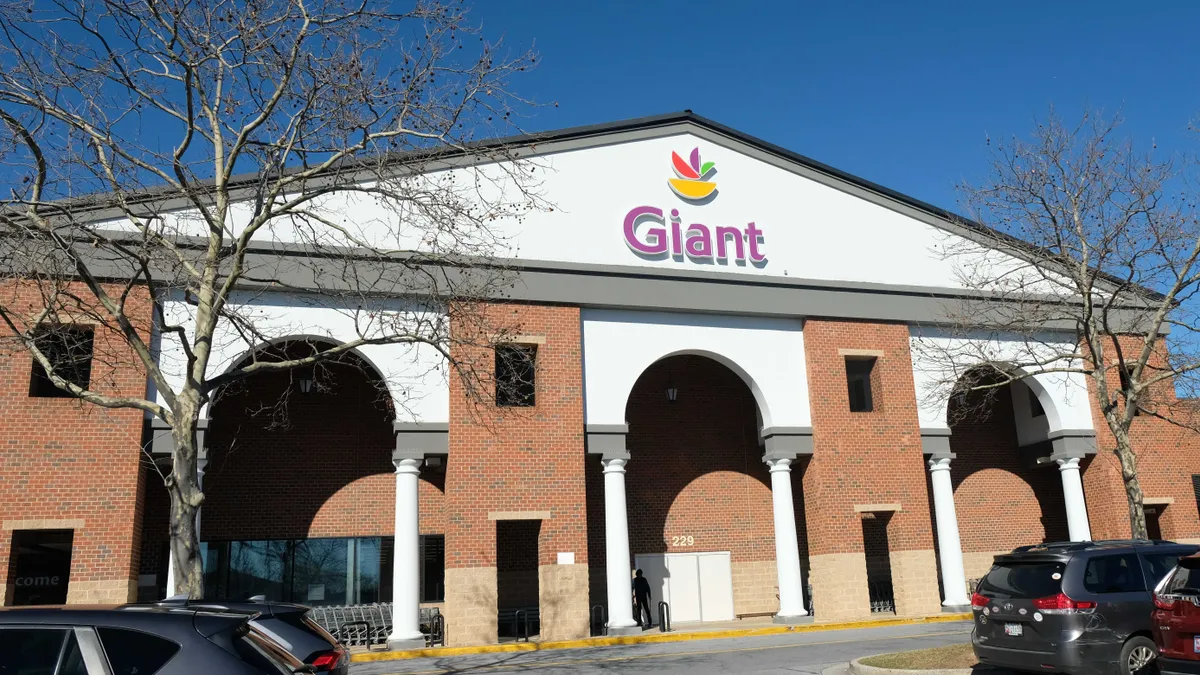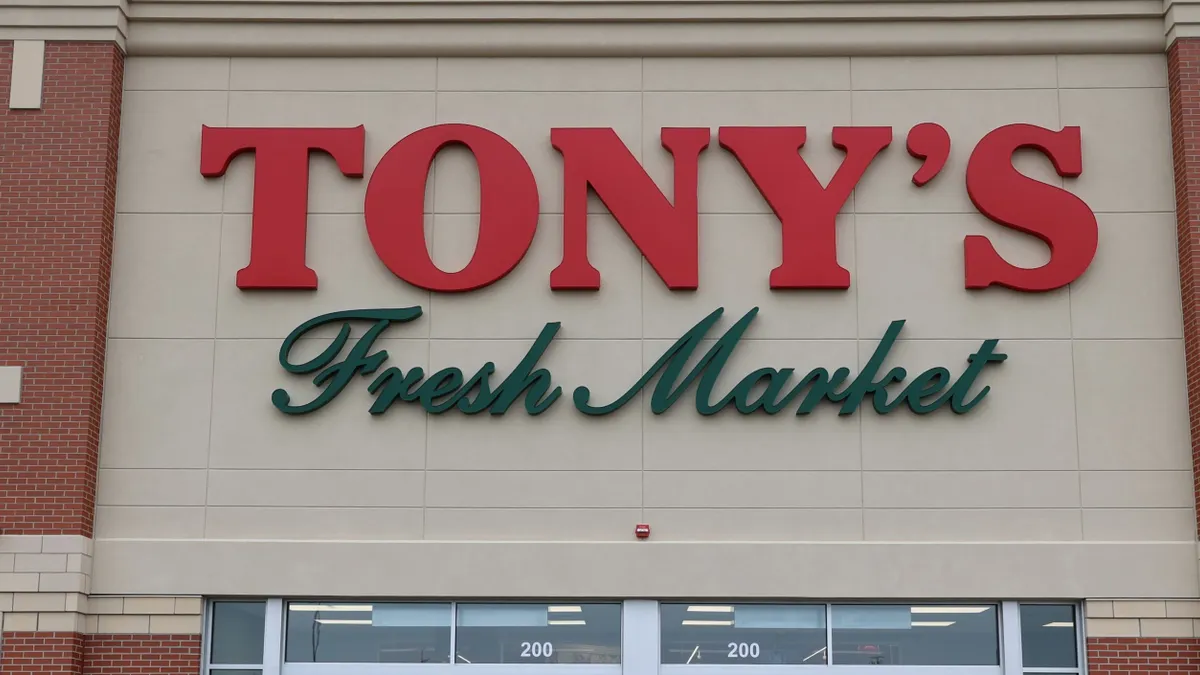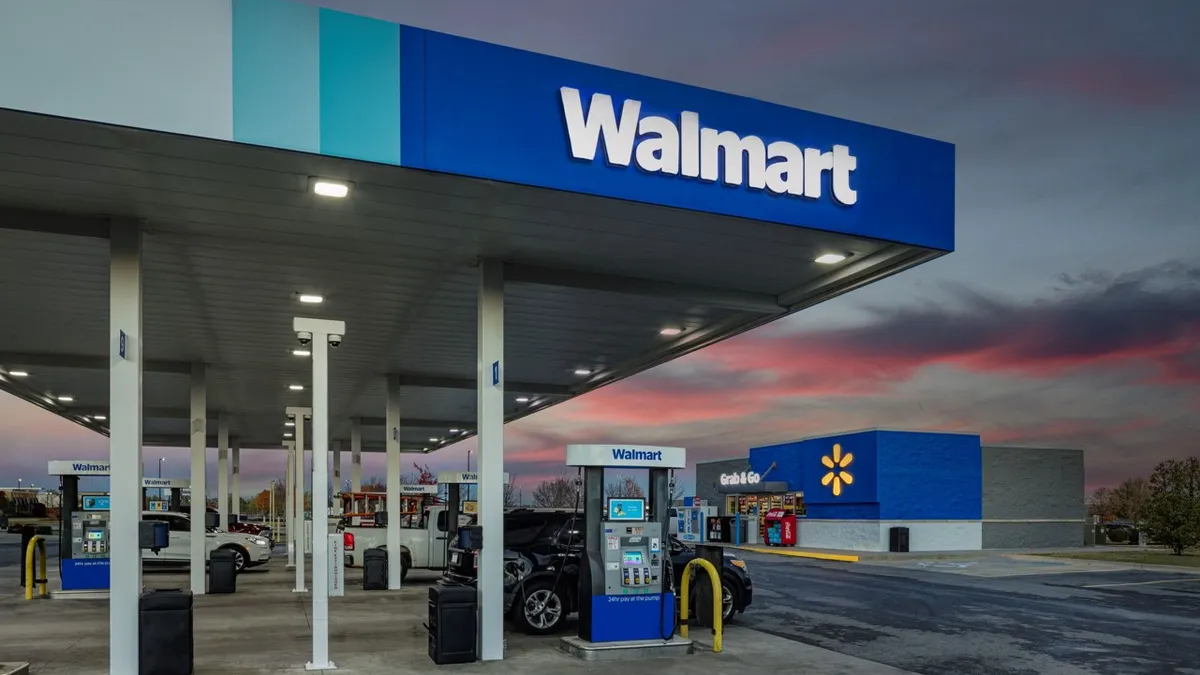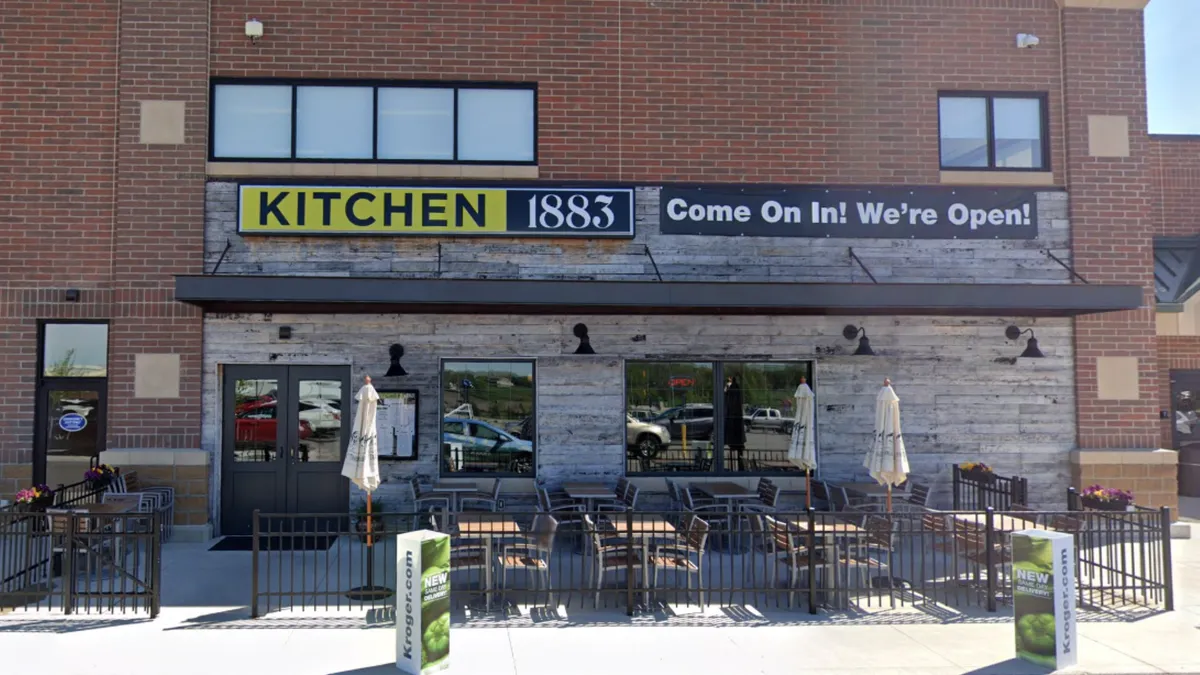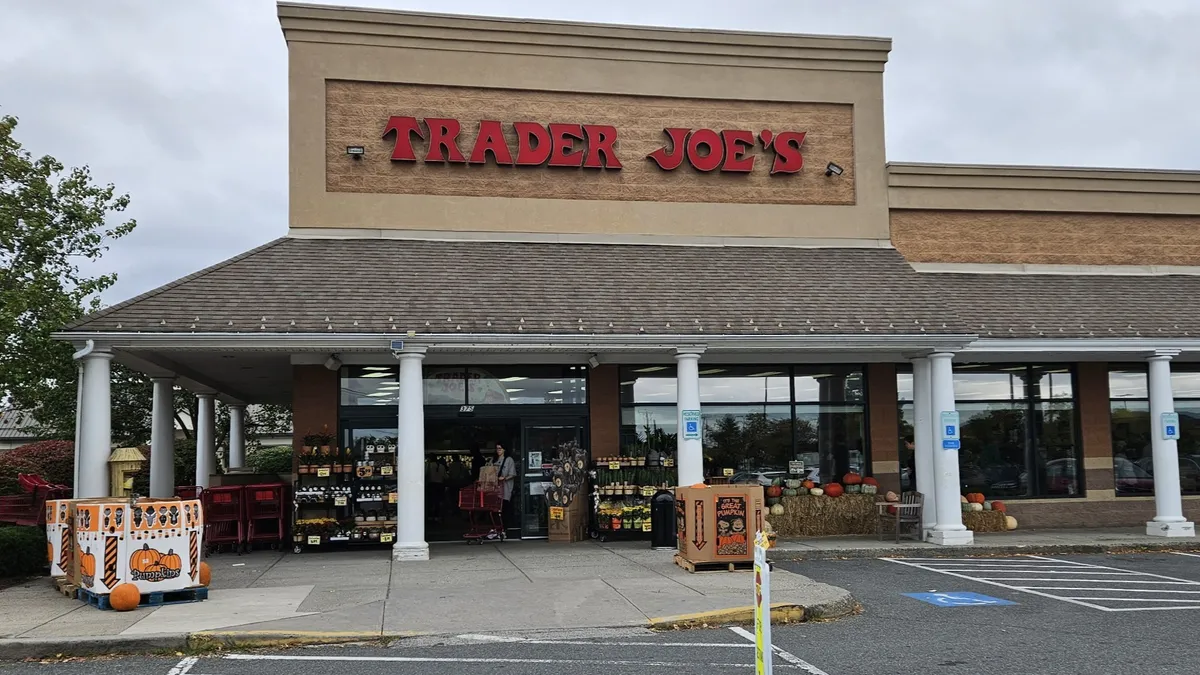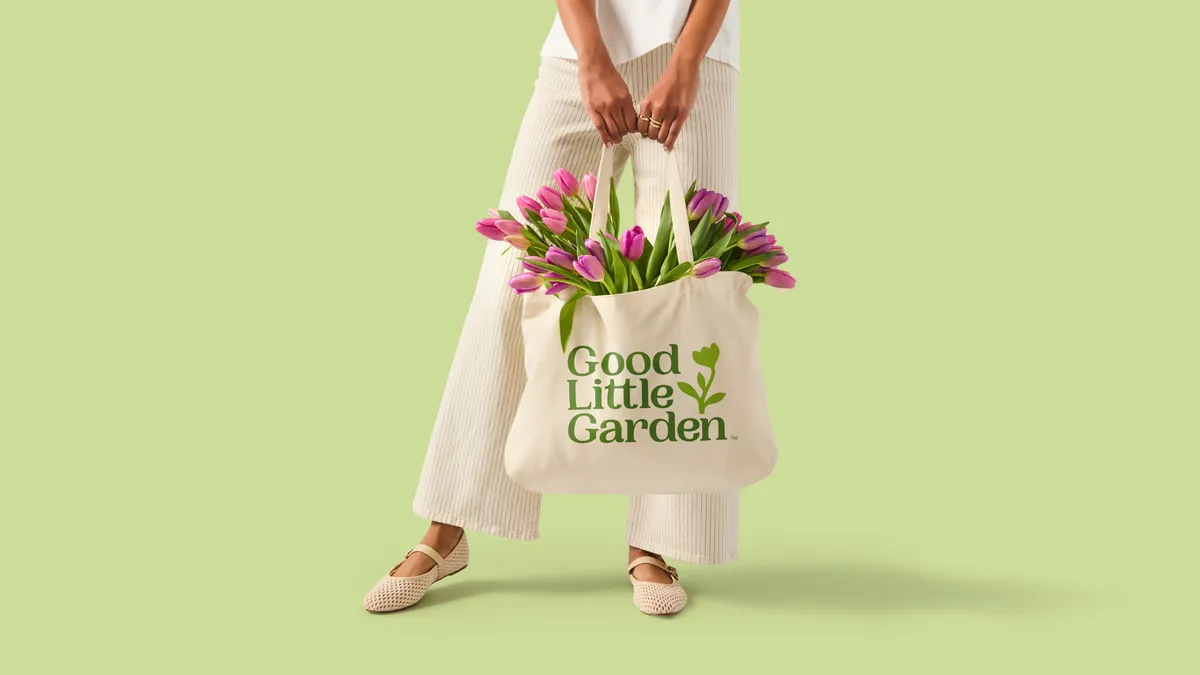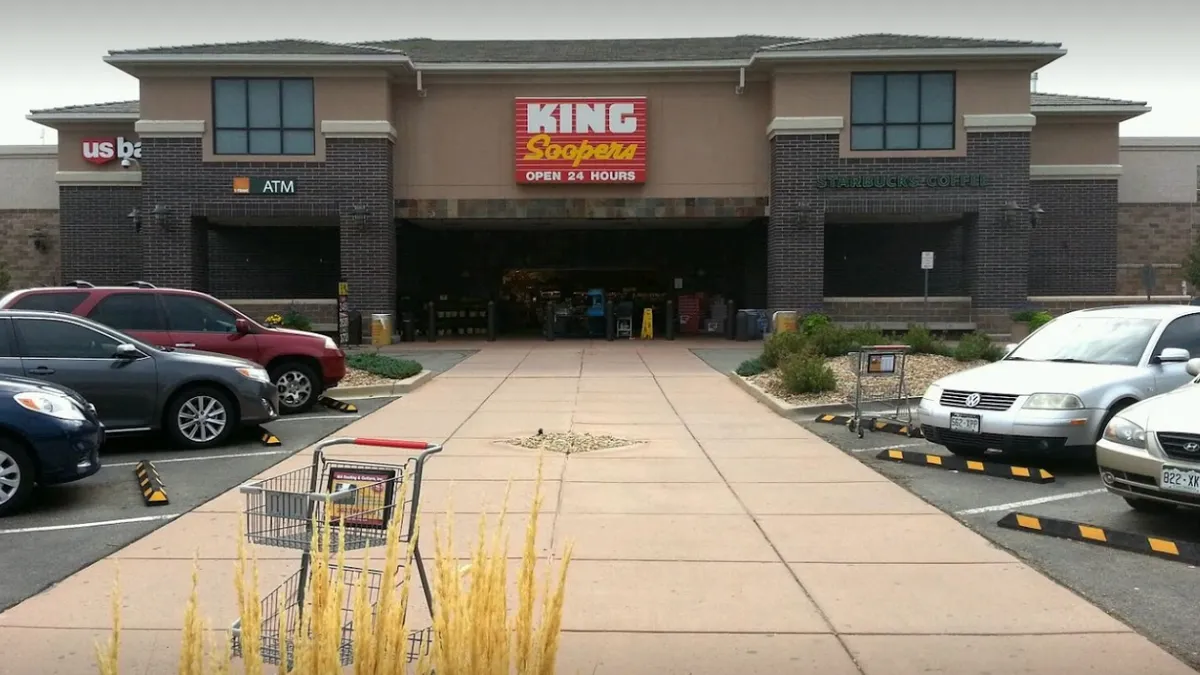When Tip Top Proper Cocktails was looking for ways to introduce its trendy canned alcoholic drinks to a wider potential audience, the upstart brand quickly concluded that getting its products on Trader Joe’s shelves could be an effective way to build its brand.
While the specialty grocer is primarily focused on private label goods, the chain’s reputation for offering a wide array of unique products alongside a curated assortment of other brands aligns well with Tip Top’s efforts to put its name in front of people open to trying something new, said Neal Cohen, the startup’s co-founder and chief brand officer.
“Trader Joe’s shoppers like variety. They like surprise. They like discovery. And that’s really ideally suited” to Tip Top, Cohen said.
Tip Top’s products are currently available in Trader Joe’s locations in 11 of the more than 40 states where the grocer operates, although most stores carry two to four of the 15 cocktails Tip Top produces, according to the company.
In addition to Trader Joe’s, the beverage company also sells its products in Whole Foods Market, Gelson’s Markets and Pavilions. The company’s products are also available online and through alcohol retailers including Total Wine & More and ABC Fine Wine & Spirits.
Tip Top’s efforts to work with Trader Joe’s and other retailers highlights a trend in the grocery industry that has seen multiple food retailers look to emerging brands to connect with shoppers — and underscores the delicate task producers face as they jockey for influence.
Tip Top has had to work to figure out the right sizing and pricing for its products. A few years ago, Tip Top thought that selling eight servings in a multi-pack for between $35 and $40 each would attract shoppers used to spending that amount for a single bottle of whiskey, gin or rum, said Cohen. But the brand realized that grocers would rather put its products in the ready-to-drink section where that price point was too high, he said. That led Tip Top to instead focus on packages of four 100-milliliter cans (about 3.4 ounces) priced at between $18 and $20, depending on the market — an approach that turned out to work better, according to Cohen.
“The idea that you can grab a four-pack of margaritas and bring it to someone’s house, and it’s basically the equivalent of a bottle of wine as far as the price point and number of servings … that math actually adds up,” Cohen said.
Cohen said Tip Top wanted to work with Trader Joe’s because the grocer is known for attracting shoppers open to trying new products.
A Trader Joe’s spokesperson wrote in an email the company looks for products “that we believe will find a following among our customers,” without referencing Tip Top directly.
“To earn a spot on our shelves, each potential product is submitted to a rigorous tasting panel process, in which all aspects of quality and value are thoroughly investigated. If a product is widely loved by the panel and represents an outstanding value, it earns its place on our shelves and becomes part of the Trader Joe’s shopping adventure,” a Trader Joe’s spokesperson said.
Tip Top is looking to ramp up its presence in grocery stores at a time when canned cocktails are proving popular among consumers and grocers have shown interest in expanding their assortments of products from emerging brands.
The company believes finding success for its brand in the grocery channel is key to helping it grow, Cohen said. “We do need to be successful there because we want to reach people when they’re stocking up their house just as much as if they might be just going to a specialty package store … or just thinking about what they’re going to drink that night,” he said.
A challenge for niche brands is that grocers can use a partnership with a smaller vendor to test customer interest in a product with little risk and then ultimately decide to market a version of the item under its own name if customer interest is strong enough, said John Clear, senior director in the consumer and retail group at consulting firm Alvarez & Marsal.
Private labels account for almost 70% of the products that Trader Joe’s carries, according to data Clear’s firm released this month.
Still, Clear said Trader Joe’s heavy focus on private label goods makes it a good fit for smaller brands like Tip Top, in part because carrying a niche product plays into the “treasure hunt” experience the grocer is known for.
“I think that naturally customers who are shopping in a Trader Joe’s are kind of curious about food products and are willing to try a lot more products than maybe other people who shop in other places,” Clear said.
That customer mindset can help brands like Tip Top that score space in Trader Joe’s expand their reach in the grocery sector, Clear added.
“The customers themselves are not probably looking at [a product] and thinking, ’Oh, here’s a national brand that I’m going to buy,’” he said. “They’re seeing it as an extension of the Trader Joe’s assortment, which is kind of a fantasy assortment, and so [a vendor can use] the Trader Joe’s halo effect a little bit.”
Cohen added that the company is exploring other ways to merchandise its products across the various stores that carry its products, including adding four packs in refrigerated cases where shoppers can grab the drinks sooner.
“What I’ve seen working [with] Trader Joe’s is they are often merchandising the four-pack right next to the singles at the counter, right at the checkout line, where they do so well with all those little impulse chocolates and mints and things that they have up there,” he said
Correction: An earlier version of this story mischaracterized Tip Top's relationship with Trader Joe's. The story and display copy have been updated to more accurately reflect that relationship.
Correction: A previous version of this story incorrectly classified the type of beverage Tip Top Cocktails makes



